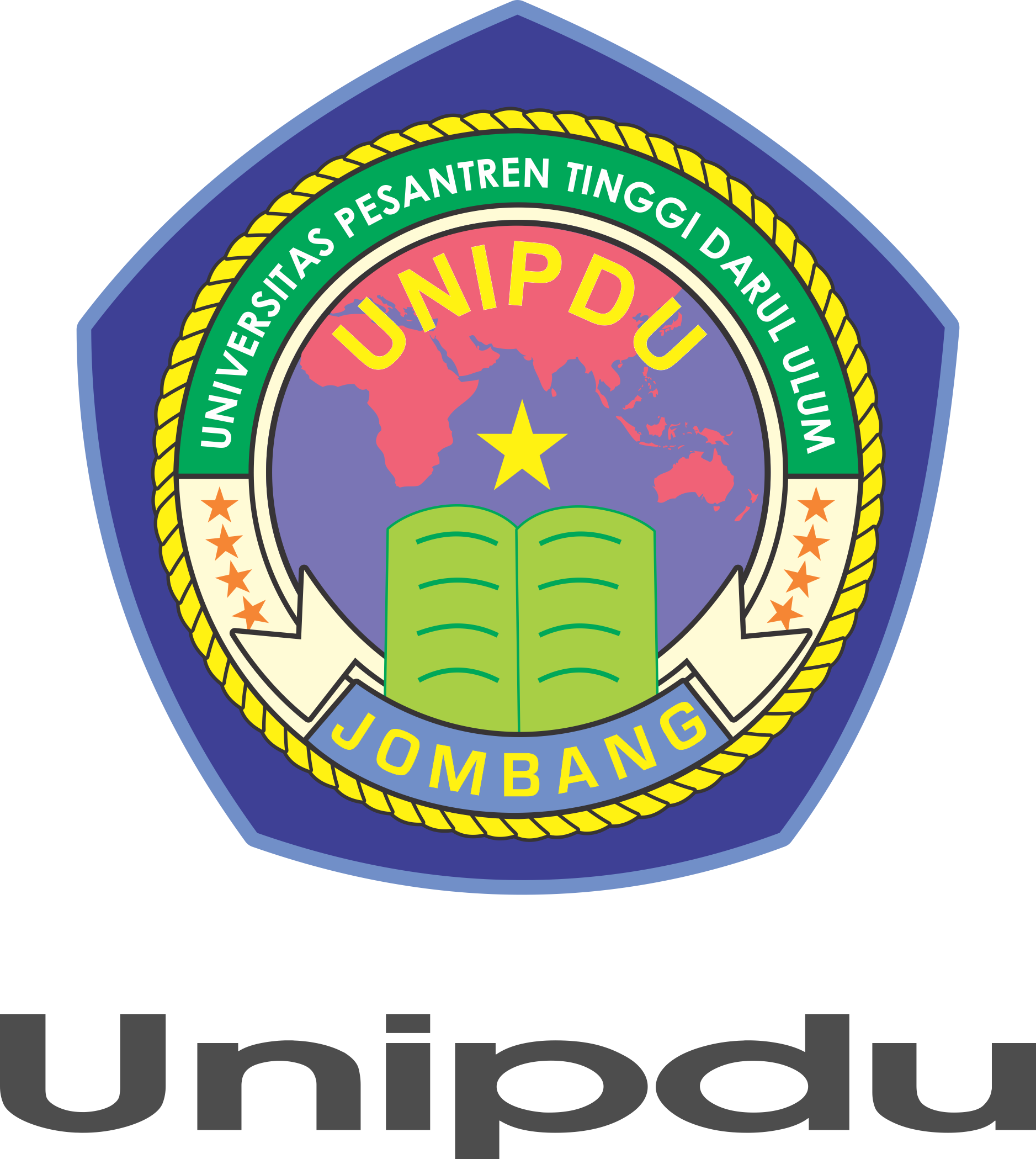Focus and Scope
Focus and Scope of the Journal
Our journal is dedicated to advancing knowledge and promoting research in two primary domains: Mathematics and Its Applications, and Mathematics Education. Below, we outline our focus areas to give prospective contributors and readers a clear understanding of the scope of our publication.
Mathematics and Its Applications
This section focuses on the theoretical and practical aspects of mathematics, emphasizing its relevance across diverse disciplines and real-world problems. We welcome contributions in:
-
Algebra: Studies exploring structures, relationships, and operations in algebraic systems, including group theory, ring theory, and linear algebra.
-
Analysis: Research in real and complex analysis, functional analysis, and related fields that delve into the study of limits, continuity, and convergence.
-
Geometry and Graphs: Contributions addressing classical and modern geometry, topology, graph theory, and their applications.
-
Statistics: Innovations and developments in statistical theory and methodologies, as well as their practical applications in various fields.
-
Applied Mathematics: Research that bridges mathematics with other domains, including physics, engineering, biology, and economics, demonstrating its utility in solving practical problems.
-
Combinatorics: Investigations into the principles of counting, arrangement, and combination, with applications in computer science, optimization, and more.
-
Data Mining: Studies focusing on extracting patterns, insights, and knowledge from large datasets using mathematical techniques.
-
Modelling and Simulation: Research that employs mathematical modeling and simulation to represent and solve complex systems and phenomena.
Mathematics Education
This section is dedicated to the study and improvement of mathematics teaching and learning. We encourage submissions that contribute to understanding and enhancing mathematical education in the following areas:
-
Thinking Processes: Investigations into the cognitive processes involved in understanding and solving mathematical problems.
-
Learning Models: Research on innovative and effective learning strategies and frameworks for mathematics education.
-
Teaching Experiments: Studies exploring experimental approaches to teaching mathematics, focusing on effectiveness and adaptability.
-
Teacher Education: Contributions addressing the preparation and professional development of mathematics educators.
-
Assessment of Learning Mathematics: Research on evaluation methods, tools, and practices to measure and enhance students' mathematical understanding and skills.
-
Technology in Mathematics Education: Studies on the integration of technology, such as digital tools and software, to enrich teaching and learning experiences in mathematics.
By focusing on these areas, our journal seeks to create a platform for sharing groundbreaking research and practical insights that contribute to the growth of both mathematical sciences and education. We invite researchers, educators, and practitioners to join us in advancing knowledge and fostering innovation in these fields.













